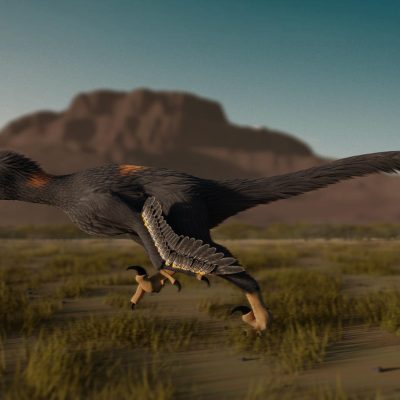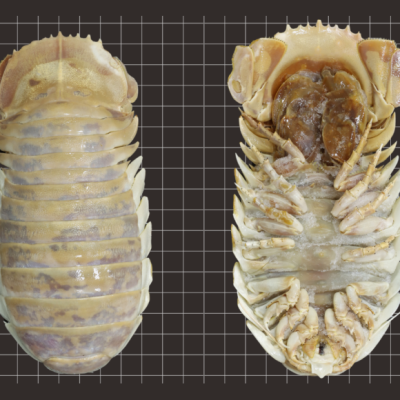Newly discovered fossils reveal that the ancestors of humans lived on Earth at the same time as the last dinosaurs. The first forms of mammals emerged during the time of the dinosaurs, about 100 million years ago. However, it has been unclear when the first primates, including humans, apes, and lemurs, evolved from these mammals. Molecular genetic studies suggest that the earliest primates may have emerged during the time of the dinosaurs, but the oldest fossils of this mammal group are only 47 to 55 million years old.
A team of paleontologists from the University of Washington has made a new discovery that sheds light on the evolution of early human ancestors. During excavations in Montana, the team found five fossil primate teeth that belong to two previously undescribed species of the genus Purgatorius. Purgatorius is the oldest and most primitive group of early primates. The teeth suggest that these ancient mammals ate both insects and plant-based food and lived in forests. The fossils are dated to about 65.9 million years ago, only about 105,000 to 139,000 years after the mass extinction of the dinosaurs.
The discovery of at least two Purgatorius species immediately after the mass extinction indicates that the divergence of these species must have occurred much earlier. The paleontologists speculate that the late Cretaceous period, a time before the mass extinction of the dinosaurs, may have been the likely origin of the human ancestors. Therefore, it is possible that the ancestors of humans lived on Earth at the same time as the last dinosaurs. This new discovery provides important insights into the evolution of early primates and their relationship to the dinosaurs.
In conclusion, the discovery of these fossils is a significant breakthrough in the field of paleontology. It provides new evidence that the ancestors of humans lived on Earth at the same time as the last dinosaurs. The findings also shed light on the evolution of early primates and their relationship to the dinosaurs. This discovery will undoubtedly lead to further research and a better understanding of the history of life on Earth.
Gregory Wilson










